Story by MIABELLA BRICKEY
Stickers on the grocery store floor asking us to remember to social distance, hand-sanitation stations placed directly in front of every public door, and shortened business hours are lingering reminders of the already 223,000 people who have died in the United States due to the arrival of the coronavirus that caused COVID-19 in March 2020.
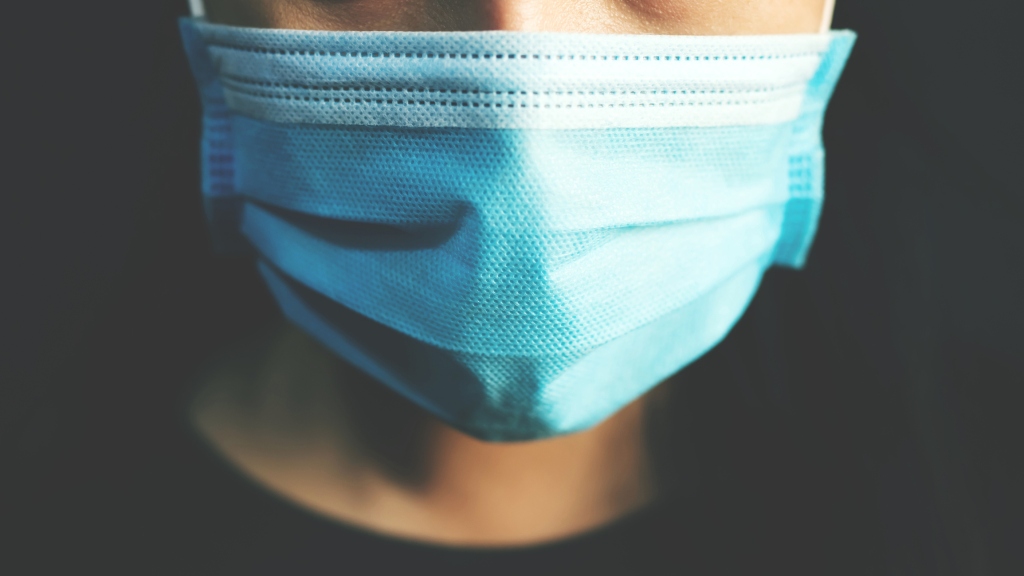
Life looks differently during a pandemic, and most have come to be well versed in the new changes happening nationwide in response to the coronavirus. The precautionary changes and procedures put into action in response to it are affecting most Americans’ lifestyles and day-to-day routines.
But for three immunocompromised people, their new normal looks very different than the new normal of those with healthy immune systems.
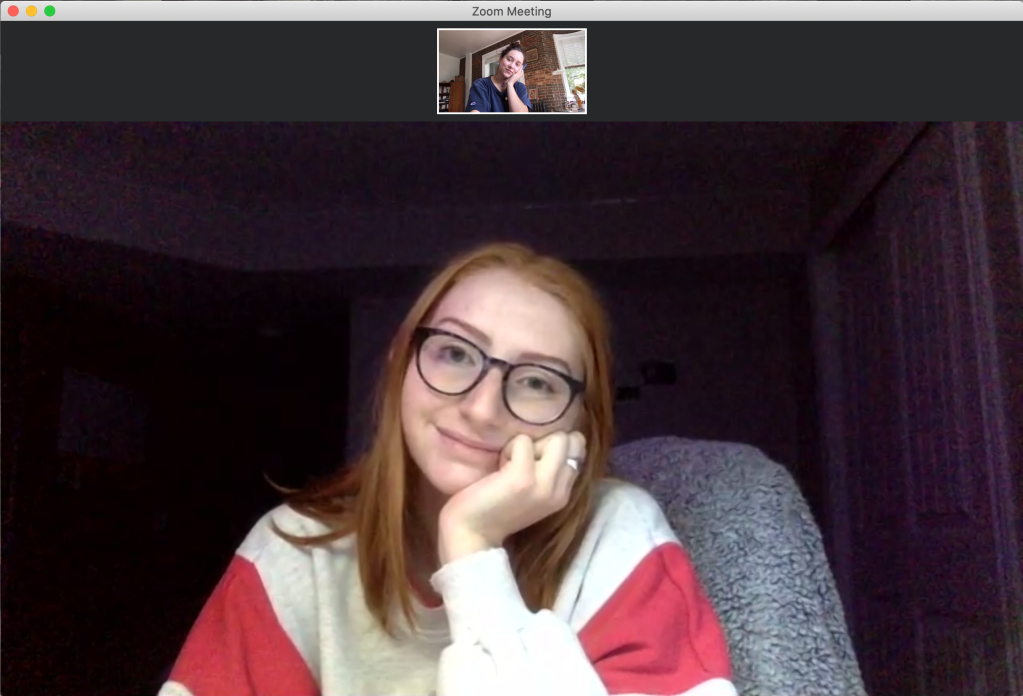
Sophie Dubois, who works for an in-home cleaning company, struggles with setting and communicating boundaries for her health-safety. She said it has been “hard to navigate.” However, in a Zoom interview she said her biggest concern is, “What if I get COVID from being at work, and then I can’t work?” Ultimately, she’s left stuck between the need for income and the need to protect her health.
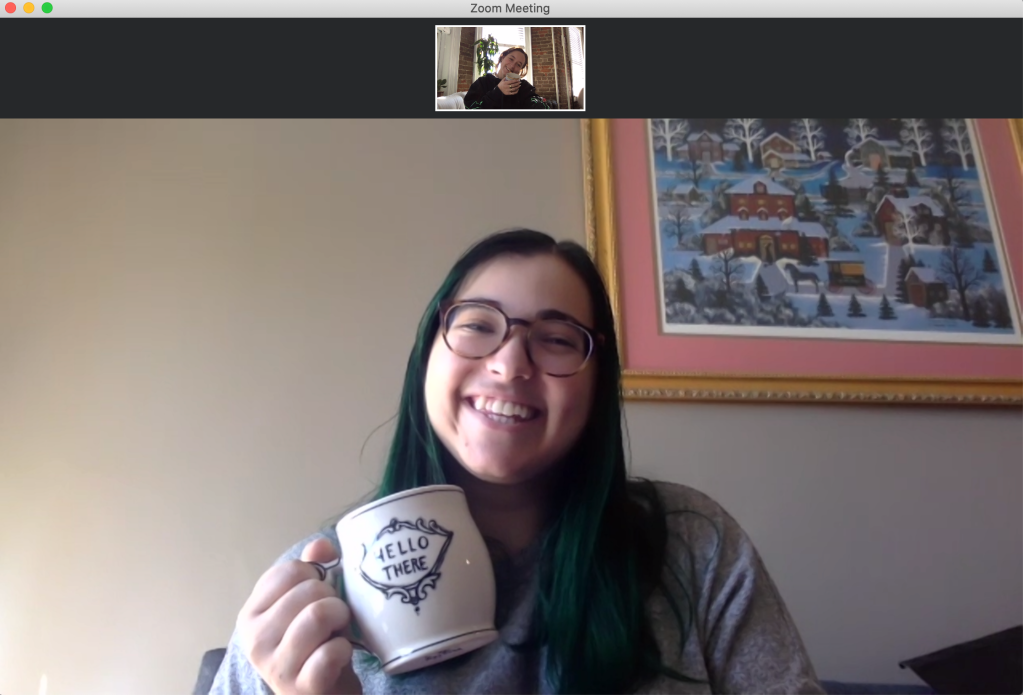
For Athena Schwartz, who uses they/them pronouns, managing their small embroidery business and working at a separate online day job are distractions from the politically charged social media posts.
Most often, the constant stream of online posts feature Schwartz’s community, and even close friends, out and about — and more often than not — without a mask on. The notifications remind Schwartz that most people aren’t in fact practicing social distancing. This leaves them with few options other than to “avoid social media because it just makes [them] angry.”
“When you post on social media, we immunocompromised people see that, and we know that we aren’t in your thoughts,” Schwartz said in a Zoom interview.
“When people with autoimmune disorders or immunocompromised people get sick, it’s a lot scarier. Not only are we more likely to get sick in general, but we’re more likely to become fatally sick from COVID,” Schwartz said. “I once had a near-death experience because I had a UTI (urinary tract infection).”
Being a young adult holds many a responsibility, but it also comes with the excitement of reaching and celebrating significant milestones.
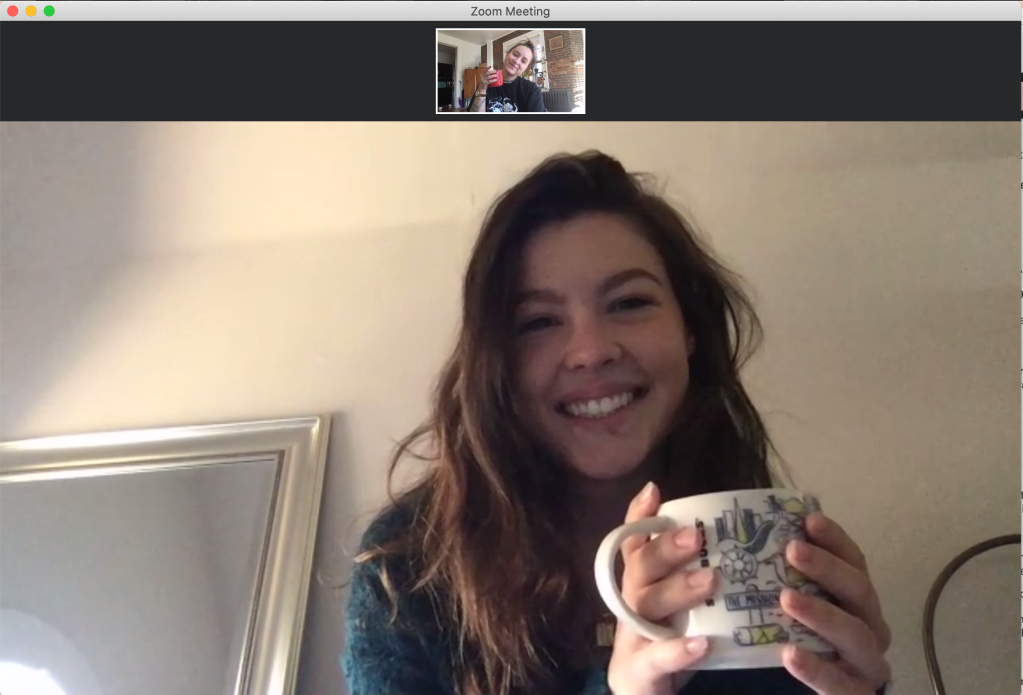
Gaeble Jones said her 20s are looking differently than she planned. During a Zoom interview she sighed and said, “I was expecting to graduate with money in the bank. I was expecting to have the college experience that my dad talked about and going out with friends and partying.”
Being immunocompromised has left Jones with less than her ideal college experience. Still, she’s adamant that she continues trying to live her life to the fullest potential. “I don’t want it to take any more of a toll on my mental health than it already has,” Jones said.
Friends of all three of these individuals are throwing parties, despite the already established dangers with such an activity. “Every single weekend, every single Friday, I’m here in my apartment, and they’re out there,” Jones said.
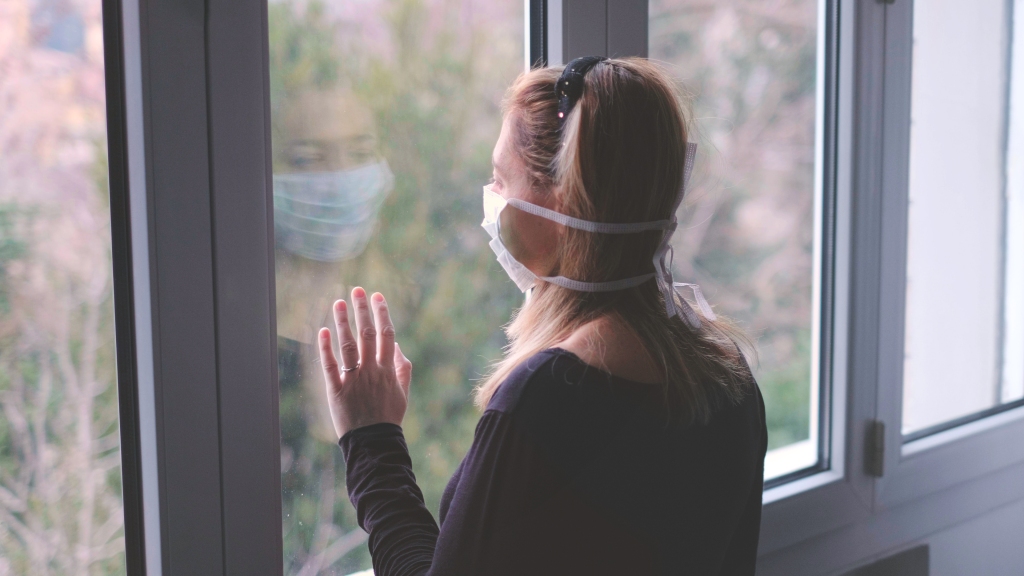
As the world tries to return to some sense of normalcy, the pursuit of one’s career is back in action for most people.
However, for any immunocompromised young adult today, their dreams and actions towards securing future opportunities are still being put on pause. Their health-safety must take priority.
“Every future change for me will be influenced by COVID. I feel so grateful that my job is all online, but that could change at any time,” Schwartz said.
The rest of the world doesn’t seem to be keen on supporting its immunocompromised population. “It just feels like everyone’s against you,” Dubois said. “It feels like nobody understands, and nobody is willing to help or make any accommodations for you.”
Schwartz described one particularly frustrating experience. “It took three months and three doctors notes showing proof of my blood tests so I could get my in-person class moved online.”
According to the Centers for Disease Control and Prevention, since the pandemic began young adults have reported having experienced “disproportionately worse mental health outcomes, increased substance use, and elevated suicidal ideation.”
Research on reported mental health rates for immunocompromised individuals is limited. According to Schwartz, Jones, and Dubois, the ability to manage their mental health becomes more challenging with each passing day. This continual theme of poor mental health contributes to a growing concern for immunocompromised young adults nationwide.
“I think it’s just a lot more real, a lot scarier, and impacts my life more than others because I have more to lose and more to worry about,” Jones said.
Schwartz added, “I think my anxiety and paranoia have gotten worse because I have to be more cautious, and I have to be more aware of everything going on around me more than I already was before.”
All three of these individuals said they felt as if they’ve been assigned the role of mom in their friend group. They are always the safe ones in social situations. “I feel like it gets annoying, and it feels annoying to ask because it once again makes me feel like I’m the bad guy,” Dubois said.
The CDC counts persons with weak immune systems as “those with HIV/AIDS; cancer and transplant patients who are taking certain immunosuppressive drugs; and those with inherited diseases that affect the immune system.”
A total number of 39,718 transplants were performed in 2019. An estimated 1.8 billion Americans will be diagnosed with cancer in 2020, and approximately 1.2 million people in the United States live with HIV/AIDS today. To put this in perspective, nearly a quarter of the world’s population lives with the daily fears and struggles that come with being an immunocompromised person.
As Schwartz bluntly put it, “Everyone knows somebody who’s immunocompromised, you may not know it, but every single time you go out, you’re probably interacting with someone who’s immunocompromised.”
They added, “Just because you don’t have to experience feeling afraid every time you go outside doesn’t mean you can’t have compassion and be consciously aware of everything that immunocompromised people are going through right now.”

